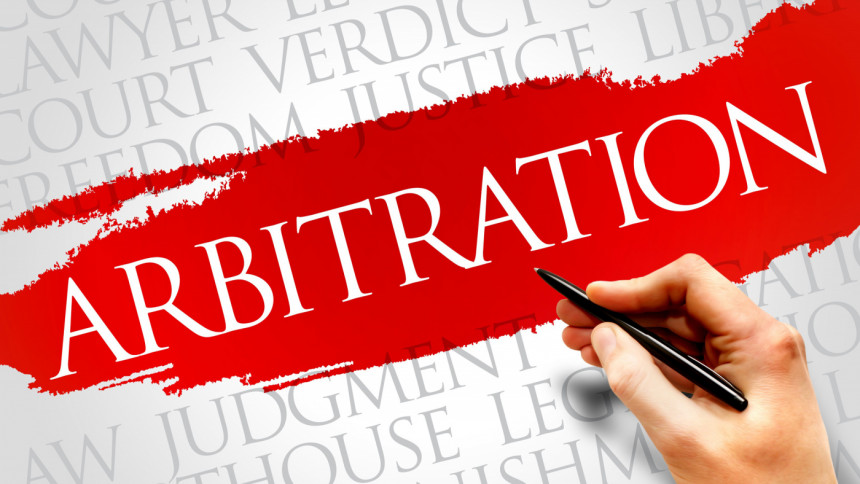Source: https://www.thedailystar.net/law-our-rights/protecting-minority-shareholders-1563298
David and Goliath is a story in the Bible about Goliath, the giant warrior and his defeat at the hands of David, a smaller and weaker young lad. Nothing is more common in the affairs of a company than a dispute between the majority and minority shareholders, the majority being the all powerful Goliath.
Company law takes the view that, where such a dispute arises, the will of the majority must ultimately prevail .The majority shareholders may thus cause significant grievance to a minority shareholder of a company by taking certain decisions and/or acting in a manner which may directly and adversely affect the interest of the minority shareholders.
The most important protection afforded to minority shareholders comes in the form of a statutory remedy in section 233 of the Companies Act, 1994 of Bangladesh. In order to be eligible to file a petition under the section, the minority shareholder(s) must hold a minimum of ten percent of the issued shares in the case of a company having a share capital. The grounds on which such a petition may be filed by a minority shareholder must be that the affairs of the company are being conducted or the powers of the directors are being exercised in a manner prejudicial to one or more of its shareholders or that the company is acting or is likely to act in a manner which discriminated or is likely to discriminate the interest of any shareholder.
The concept of prejudice is extremely wide thereby allowing the court ample scope to exercise its judicial discretion in determining whether a particular conduct falls within the scope of this section. It protects not just the rights of minority shareholders but also their legitimate expectations. A typical case arises where the minority shareholder has invested in the company on the basis of an informal understanding (not reflected in the Articles of the company) that all shareholders will participate in the management of the company through their board positions. Following irretrievable breakdown in relationship between the majority and minority shareholders, the majority removes the minority shareholder from the board by exercising its majority voting power; the minority thus finds himself in the undesirable position where he is locked out of management and his investment locked in the company.
In adjudicating an application under this section, the court may examine all the documents which have been filed by the parties and may also order documents to be produced by the company and/or any of the parties to the case. After being satisfied that the interest of the minority has been prejudicially affected by the majority, the court has a wide discretion to fashion appropriate relief. The court is empowered to pass any order it thinks fit, including but not limited to, cancellation or modification of any resolution or transaction, regulation of the conduct of the company’s affairs in future in such manner as specified by the court and amendment of any provision of the memorandum and articles of the company. In the case of a minority shareholder who is finding it difficult to continue his business relationship with the majority due to irretrievable breakdown of their relationship, but finds his investment locked in the company, the remedy most often sought and most often granted is an order that the majority shareholders purchase the minority’s shares at a value to be determined by an independent auditor appointed by the court under the terms of reference prescribed by the court. Alternatively, the minority shareholder may seek an order directing the majority shareholders to sell their shares to the minority shareholders at a fair value to be determined by an independent auditor appointed by the court under the terms of reference prescribed by the court. The court may determine the valuation technique, that is, balance sheet or asset based valuation vis-à-vis profit and loss account or income based valuation, to be adopted in a particular case based on expert evidence.
In order to truly unlock the potential of this statutory remedy, certain reforms are imperative. To name one, the minimum shareholding requirement of 10% should be done away with to ensure that access to the statutory remedy is not outright denied to minority shareholders and public shareholders of listed companies holding less than the required minimum.
Despite the availability of this statutory remedy to minority shareholders of companies in Bangladesh, a growing trend of minority shareholders is to try to protect themselves by non-litigious means like shareholders agreements, specially drafted articles of association (containing, among others, class rights and weighted voting rights) or a combination of these approaches in closely held companies in which they have invested. These self-help measures that the minority shareholders are increasingly adopting may significantly reduce their vulnerability to the common grievances they may have against the majority shareholders.






